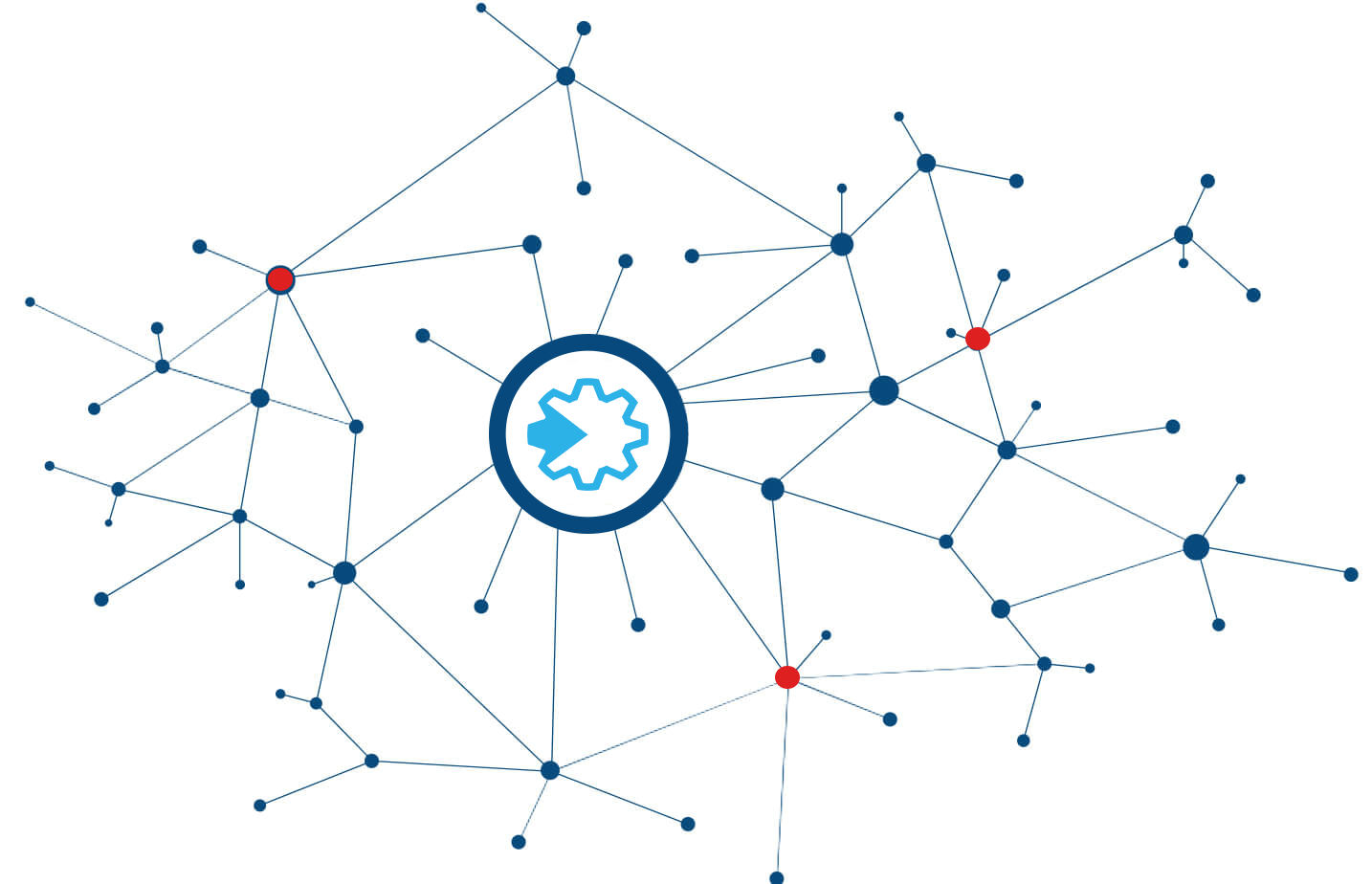Blockchain

A blockchain is a digitized, decentralized, public/private ledger of all transactions among the network members. Constantly growing as ‘completed’ blocks (the most recent transactions) are recorded and added to it in chronological order, it allows market participants to keep track of digital ledger of transactions without central recordkeeping. Each node (a computer connected to the network) gets a copy of the blockchain, which is downloaded automatically.
Advantages of Blockchains
The widespread adoption of DLT will bring enormous cost savings in three areas, advocates say:
- Electronic ledgers are much cheaper to maintain than traditional accounting systems; the employee headcount in back offices can be greatly reduced.
- Nearly fully automated DLT systems result in far fewer errors and the elimination of repetitive confirmation steps.
- Minimizing the processing delay also means less capital being held against the risks of pending transactions
